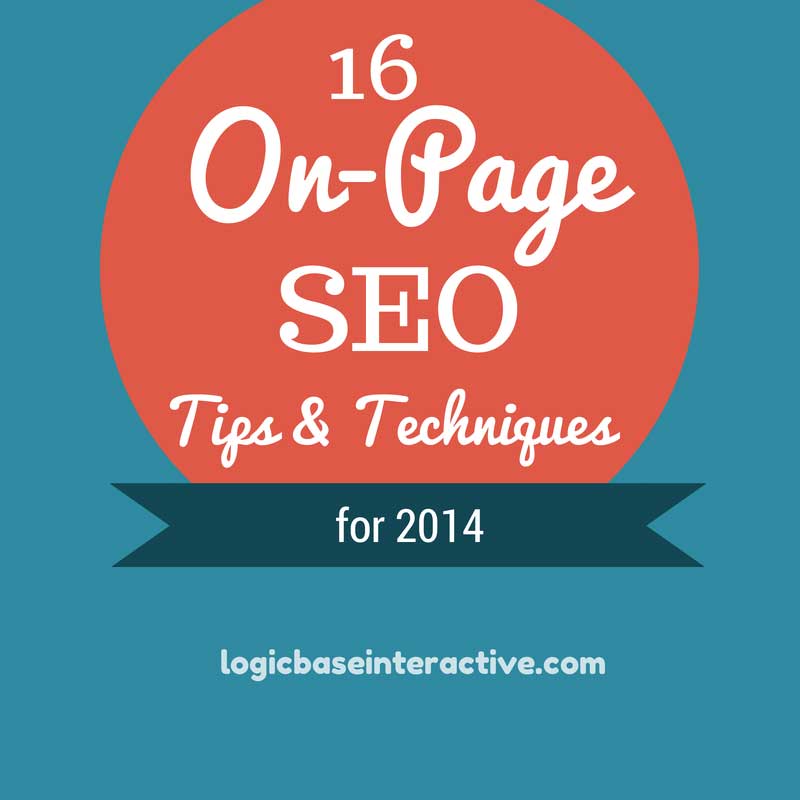
Factors That Separates the Old SEO from the New SEO
Search Engine Optimization or SEO has been used by most of the users to improve the exposure of their brand, service, portfolio, and anything in between. Website owners and developers alike have their constant attention in topics about this as the progression of SEO is on a fast pace. New evolutions of an SEO fact will easily emerge within just a week if there are changes on how the algorithm works.
Listed below are the old and new ways to implement SEO:
Traffic and Rankings
Old: Traffic and rankings must be the goal. The user must be lured into the website.
New: Traffic and rankings are important up until now, but an additional part of this is integrated with the campaigns launched by website developers and SEO specialists. The customers and visitors must be the first thing in mind. This means that engagement with them is the real goal. This can be achieved through branding and constant feeding of contents that will lead to a lasting impression about a certain company/brand. The ranks and the traffic are just a reward and part of the goal you desired.
Organic Traffic
Old: Google search engine, you are my priority. I’ll give you my keywords and tags, give me the traffic I needed. Only through you alone can I achieve an immense traffic no other way possible.
New: Where have you seen the viral videos this year? Where have you discovered the most touching love story on February 14th? Where have you heard the latest beats from the most prominent artist in the music industry today? Where do you share the news about the latest terrorist attack in France? Does Facebook, Twitter, YouTube and other social media platforms come into your mind while reading the questions above? Yes, it must be. It has to be. The active users of the social media world also called as Netizens are very important couriers of your content throughout the web, and they usually disseminate it through their social media accounts. Now, instead of relying to Google search alone in optimizing your SEO, focus on social media sites instead. It can generate more traffic than the conventional organic traffic process via search engines.
Clicks and Page Views
Old: I have o focus on the clicks and views. This means that I’m doing a good SEO.
New: Best is still better than good. Instead of the clicks, build relationships. Engage to users and attain the conversion and revenue in a jiffy.
Optimization for Search Engines
Old: I’ll create keywords from titles and headlines so that I can gain website traffic.
New: This is old school. Creating catchy headlines and engaging content can turn your post viral. By the power of the new and primary channel of distribution, the social media, this can be easily and effectively implemented.
Contending in Search Engines
Old: To exclusively focus in the page rankings.
New: Wait a minute; did I already mention that social media can be very useful even above the search engine? Yes, this means that social media can be used for content publication and exposure. Why solely focus on competition for search engine results when there is a much easier, faster, and more engaging way to attract visitors?
Anonymity
Old: The author is not important, it is the content.
New: The author is also important as well as the content. The value of the content can be more appealing to viewers and readers when it is created by their trusted writer. They will accept it as a credible content. An item without an author can be a questionable object; this will arise into an open discussion among readers if the website as a whole is questionable at all.
Keywords
Old: Keywords are important for they are the primary source of content discovery.
New: Here comes the Hashtags. This is the keyword for social media. If social media is gaining a huge part of content discovery, then hash tagging is surely the new effective keyword setting.
Now ask yourselves, which is much easier to do and which is more effective? Why settle for a hard old technique when there is an easier and more productive approach.
Contributed by: Jan Rhais Amantiad




